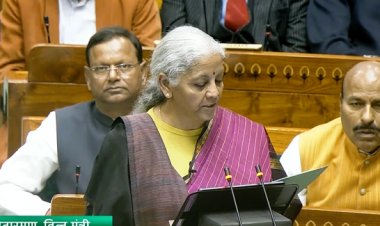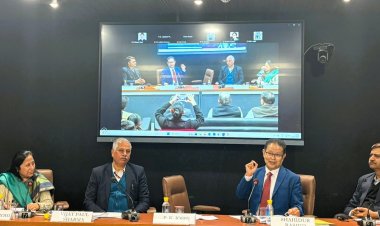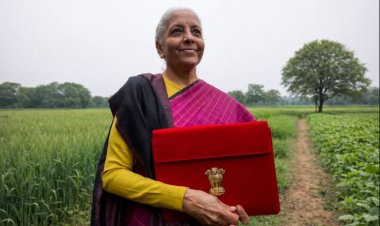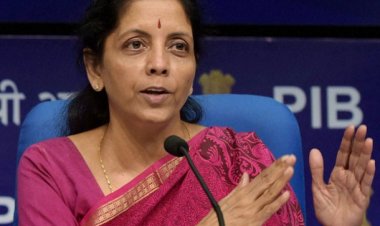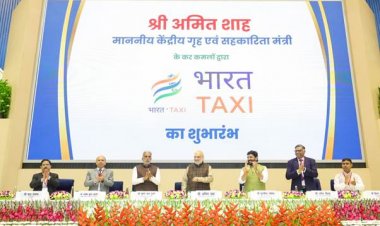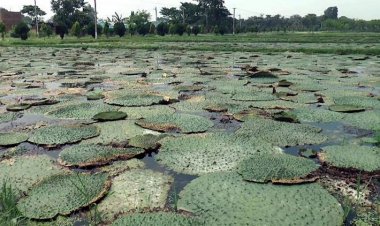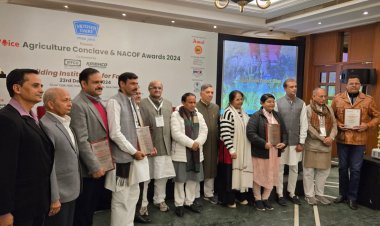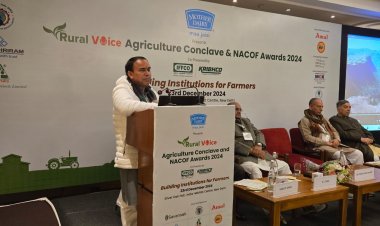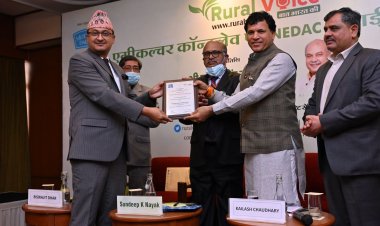Meet the 'Apple Man of India,' honored with Padma Shri for his work
Unlike commercial apple varieties that require temperate climates and extended chilling hours, HRMN-99 thrives in tropical, sub-tropical, and plain regions with summer temperatures reaching 40-45°C, enabling apple farming in areas where it was previously considered unviable.
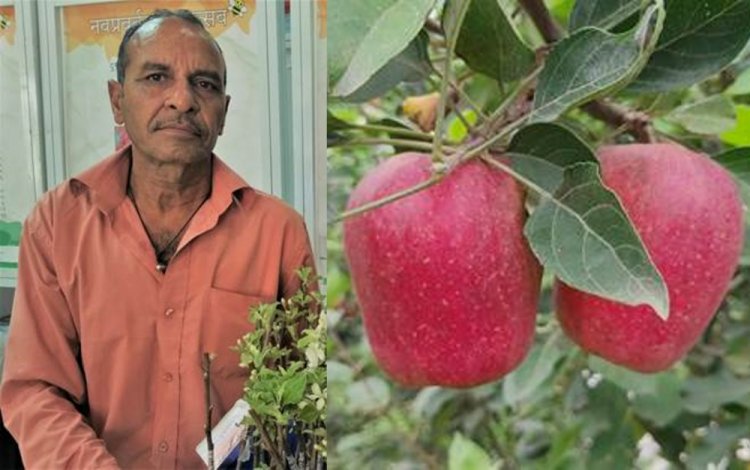
Hariman Sharma, an innovative farmer from Himachal Pradesh, has been honored with the Padma Shri for his groundbreaking contribution to Indian agriculture. His pioneering work in developing a self-pollinating, low-chilling apple variety called HRMN-99 has revolutionized the country's apple cultivation landscape, making this juicy, nutritious variety more accessible to farmers and consumers.
Unlike commercial apple varieties that require temperate climates and extended chilling hours, HRMN-99 thrives in tropical, sub-tropical, and plain regions with summer temperatures reaching 40-45°C, enabling apple farming in areas where it was previously considered unviable.
Hariman Sharma’s journey from an orphaned child in the remote village of Paniala, Bilaspur (Himachal Pradesh), to a national agricultural innovator is nothing short of inspirational. Despite limited formal education, he pursued his passion for farming and horticulture, ultimately changing the face of Indian apple cultivation.
The story of the HRMN-99 apple variety began in 1998 when Hariman Sharma planted a few seeds from discarded apples used for household consumption in his backyard. Remarkably, one of these seeds sprouted the following year, and by 2001, the plant bore fruit despite the warm climate of Paniala, situated at an elevation of 1,800 feet. Realizing its potential, he carefully tended to the mother plant and propagated it through grafting, eventually establishing a flourishing apple orchard. Over the next decade, he focused on expanding his orchards by experimenting with various scions, refining grafting techniques, and enhancing his innovative apple variety. Despite his efforts, his work initially received little attention from both the farming and scientific communities.
A major turning point came in 2012 when the National Innovation Foundation (NIF) – India, an autonomous institute under the Department of Science and Technology, identified this innovation. NIF verified the distinctness of the variety and supported its validation by facilitating molecular studies, fruit quality testing, and multi-location trials in collaboration with ICAR institutions, Krishi Vigyan Kendras (KVKs), agricultural universities, state agriculture departments, farmers, and volunteers across the country. Through these efforts, the variety has expanded to 29 states and union territories. It has also been planted at Rashtrapati Bhavan, New Delhi. Additionally, NIF facilitated the registration of the variety with the Protection of Plant Varieties and Farmers’ Rights Authority, New Delhi.
For his innovation, Hariman Sharma was conferred the National Award in 2017 during the 9th National Biennial Grassroots Innovation and Outstanding Traditional Knowledge Awards by the then President of India, Pranab Mukherjee. He has also received several accolades, including the National Innovative Farmer Award by the Ministry of Agriculture and Farmers' Welfare, Government of India (2016), the IARI Fellow Award (2017), the Kisan Vaigyanik Upadhi by the Deputy Director General (DDG), ICAR (2017), the National Best Farmer Award (2018), the Rashtriya Krishak Samrat Samman (2018), and the Jagjivan Ram Krishi Abhinav Award (2019), along with multiple state and central government honours.
The HRMN-99 variety, characterized by its striped red-over-yellow skin, soft and juicy pulp, and ability to produce up to 75 kg of fruit per plant annually, has empowered thousands of farmers across India. NIF has also facilitated its commercial adoption, supporting orchard development and farmer training, particularly in the northeastern states. Over one lakh saplings have been planted, providing an additional source of income for farmers.
Hariman Sharma’s contribution has not only transformed apple cultivation in India but also enhanced farmer livelihoods and nutritional accessibility. His recognition of the Padma Shri underscores the power of grassroots innovation in addressing national agricultural challenges and promoting sustainable development.



 Join the RuralVoice whatsapp group
Join the RuralVoice whatsapp group

















